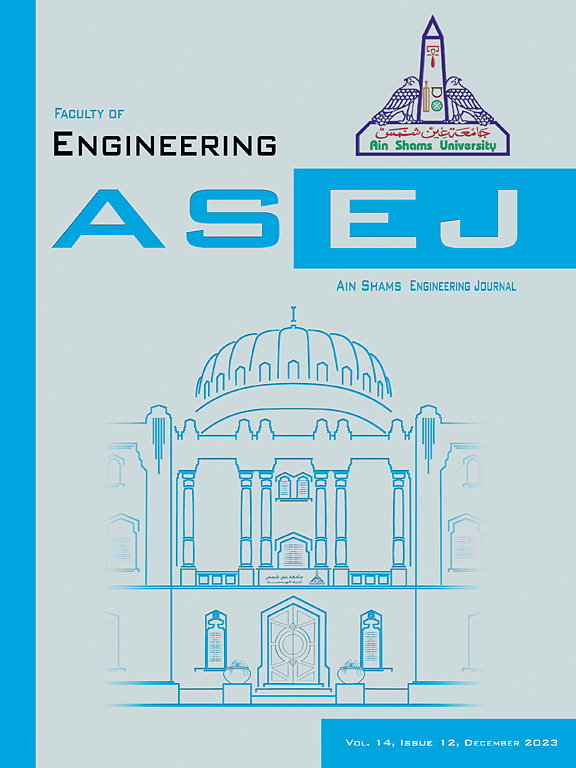Unveiling robust security: Chaotic maps for frequency hopping implementation in FPGA
IF 6
2区 工程技术
Q1 ENGINEERING, MULTIDISCIPLINARY
引用次数: 0
Abstract
Frequency hopping is a main technique for wireless communication, avoiding interference and interception. This paper provides novel hardware design for frequency-hopping pseudorandom bit generator (PRBG).PRBG design by chaotic maps on FPGA.Two proposed methods in this work first combine chaotic maps in a cascade manner called fixed point cascade chaotic maps (FPCCM-FHSS), and second, the conjunction of chaotic maps done in an XORed manner called fixed point an XOR chaotic method (FPXORCM-FHSS).The results were the first eight NIST randomness tests.Frequency indicates that all p-values larger than 0.01 are needed to achieve better randomness,Second and third were die-hard tests, many distribution tests with significant p-values (p <0.01) that meet high standards of statistical randomness, making them suitable for channel security.Last were the FPGA results between the proposed methods for speed and hardware resources).The works implemented on XILINX ZC702 achieved 2 Gbps to meet the speed requirements of the change of the carrier frequency.
揭开稳健安全的面纱:在 FPGA 中实现跳频的混沌图
跳频是无线通信中避免干扰和拦截的一种主要技术。本文提供了跳频伪随机比特发生器(PRBG)的新型硬件设计。本文提出了两种方法,第一种是将混沌图以级联的方式结合起来,称为定点级联混沌图(FPCCM-FHSS);第二种是将混沌图以XOR的方式结合起来,称为定点XOR混沌法(FPXORCM-FHSS)。第二项和第三项是严苛测试,许多分布测试的 p 值显著(p <0.01),符合统计随机性的高标准,使其适用于信道安全。
本文章由计算机程序翻译,如有差异,请以英文原文为准。
求助全文
约1分钟内获得全文
求助全文
来源期刊

Ain Shams Engineering Journal
Engineering-General Engineering
CiteScore
10.80
自引率
13.30%
发文量
441
审稿时长
49 weeks
期刊介绍:
in Shams Engineering Journal is an international journal devoted to publication of peer reviewed original high-quality research papers and review papers in both traditional topics and those of emerging science and technology. Areas of both theoretical and fundamental interest as well as those concerning industrial applications, emerging instrumental techniques and those which have some practical application to an aspect of human endeavor, such as the preservation of the environment, health, waste disposal are welcome. The overall focus is on original and rigorous scientific research results which have generic significance.
Ain Shams Engineering Journal focuses upon aspects of mechanical engineering, electrical engineering, civil engineering, chemical engineering, petroleum engineering, environmental engineering, architectural and urban planning engineering. Papers in which knowledge from other disciplines is integrated with engineering are especially welcome like nanotechnology, material sciences, and computational methods as well as applied basic sciences: engineering mathematics, physics and chemistry.
 求助内容:
求助内容: 应助结果提醒方式:
应助结果提醒方式:


